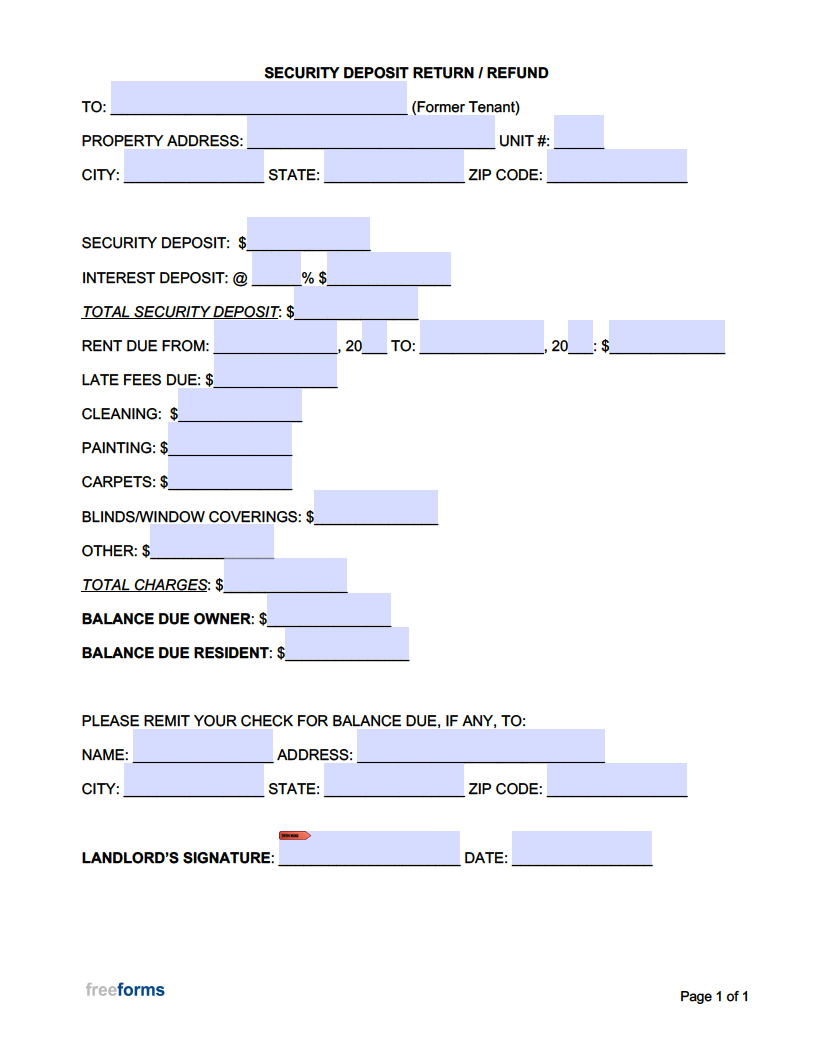Tenant education
Effective Rental Property Inspections: Ensure Tenant Satisfaction

Effective Rental Property Inspections: Ensure Tenant Satisfaction
Rental property inspections are a crucial aspect of property management, providing landlords with insights into the condition of their investment. This article delves into the importance of rental property inspections and outlines best practices to ensure both landlord and tenant satisfaction.
Understanding the Purpose of Inspections
Rental property inspections serve various purposes, but the primary goal is to assess the property’s condition. Landlords can identify maintenance needs, safety concerns, or potential violations of the lease agreement. Additionally, inspections provide an opportunity for landlords to ensure that tenants are maintaining the property in accordance with the lease terms.
Regularity and Timing of Inspections
Determining the frequency and timing of rental property inspections is essential. While the law typically dictates notice requirements and the frequency of inspections, it’s common for landlords to conduct inspections annually or bi-annually. Strategic timing allows landlords to address seasonal concerns or plan for necessary maintenance without disrupting tenants excessively.
Providing Ample Notice to Tenants
Respecting tenants’ rights to privacy is crucial during property inspections. Landlords are typically required to provide advance notice before conducting an inspection, usually ranging from 24 to 48 hours. This notice allows tenants to prepare for the inspection and address any specific concerns they may have.
Creating a Checklist for Inspections
Having a comprehensive inspection checklist is instrumental in ensuring that no aspect of the property is overlooked. The checklist may include items such as checking for structural issues, assessing appliance functionality, inspecting plumbing and electrical systems, and ensuring compliance with safety standards. This systematic approach ensures thorough inspections.
Addressing Maintenance Concerns Promptly
Property inspections often uncover maintenance issues that require attention. Landlords should promptly address these concerns to prevent further damage and maintain the property’s value. Timely maintenance not only satisfies tenants but also contributes to a positive landlord-tenant relationship.
Ensuring Safety and Compliance
Safety is paramount in rental properties. During inspections, landlords should pay close attention to safety features, such as smoke detectors, carbon monoxide detectors, and fire extinguishers. Additionally, landlords must ensure that the property complies with building codes and regulations to guarantee a safe living environment for tenants.
Open Communication During Inspections
Rental property inspections provide an excellent opportunity for open communication between landlords and tenants. Landlords can use this time to discuss any concerns, address questions, and gather feedback from tenants. This transparent communication fosters a positive relationship and helps build trust.
Documenting Inspection Findings
Detailed documentation of inspection findings is essential for both landlords and tenants. Landlords should maintain a record of inspection reports, including photographs if applicable. This documentation serves as a reference for future inspections and can be valuable in case of disputes or discrepancies.
Educating Tenants on the Inspection Process
Educating tenants about the purpose and process of property inspections is key to ensuring cooperation and understanding. Providing information on why inspections are necessary, what to expect, and how long the process will take helps alleviate any concerns tenants may have.
Continuous Improvement in Property Management
Property
Secure Living: Prioritizing Rental Property Safety

Ensuring Secure Living: Prioritizing Rental Property Safety
Rental property safety is a fundamental aspect of providing tenants with a secure and comfortable living environment. In this comprehensive guide, we’ll explore various strategies and measures landlords can implement to prioritize the safety of their rental properties.
Robust Security Systems: Fortifying Property Defenses
Implementing robust security systems is a proactive measure to fortify the defenses of a rental property. This may include installing surveillance cameras at strategic locations, securing entry points with electronic access control systems, and incorporating alarm systems. A visible and effective security infrastructure serves as a deterrent to potential security threats.
Well-Lit Exterior Spaces: Illuminating Safety
Well-lit exterior spaces contribute significantly to rental property safety. Adequate lighting in common areas, parking lots, and building entrances enhances visibility, reducing the likelihood of accidents or unauthorized activities. Landlords should regularly inspect and maintain outdoor lighting to ensure optimal functionality.
Secure Entry and Access Points: Controlling Property Access
Controlling access to rental properties is a key component of safety. Landlords can enhance security by installing secure entry systems, such as key fobs or electronic keypads. Regularly updating access codes and promptly removing access for former tenants or unauthorized individuals helps maintain control over property security.
Fire Safety Measures: Prioritizing Emergency Preparedness
Prioritizing fire safety measures is essential for any rental property. Landlords should ensure the installation and regular testing of smoke detectors, fire extinguishers, and fire alarms. Additionally, providing clear evacuation routes and conducting fire safety drills contribute to tenants’ preparedness in case of emergencies.
Regular Property Inspections: Identifying Hazards
Conducting regular property inspections is a proactive approach to identifying and addressing potential safety hazards. Landlords should inspect electrical systems, heating equipment, plumbing, and structural elements to identify and rectify any issues promptly. Timely inspections contribute to the overall safety and habitability of the rental property.
Emergency Response Planning: Preparedness for Crisis
Developing an emergency response plan is critical for preparedness in times of crisis. Landlords should communicate emergency procedures to tenants, including evacuation plans and contact information for emergency services. Establishing clear communication channels and providing emergency kits can further enhance tenants’ preparedness.
Tenant Education on Safety: Fostering Awareness
Fostering tenant awareness is a collaborative effort in ensuring rental property safety. Landlords can provide informational materials, conduct safety workshops, and share resources on topics such as crime prevention, fire safety, and general emergency preparedness. Educated tenants are more likely to actively participate in maintaining a safe living environment.
Landscaping Considerations: Balancing Aesthetics and Safety
While landscaping adds to the aesthetics of a property, landlords should consider safety in landscaping decisions. Ensuring that trees and shrubs are well-maintained, avoiding overgrown vegetation that may provide hiding spots, and securing outdoor amenities contribute to a safe outdoor environment for tenants.
Secure Parking Areas: Minimizing Security Risks
Secure parking areas minimize security risks for both tenants and their vehicles. Landlords can enhance parking area safety by installing adequate lighting, implementing access control measures, and regularly monitoring for any signs of suspicious activity. A well-maintained and
Fair Returns: Navigating Rental Deposit Refunds

Ensuring Fairness: A Guide to Rental Deposit Refunds
Rental deposit refunds are a crucial aspect of the landlord-tenant relationship, marking the conclusion of a lease agreement. In this article, we’ll delve into the intricacies of rental deposit refunds, examining the key factors that influence the process and offering guidance to both landlords and tenants on navigating this final stage of the leasing journey.
Understanding the Rental Deposit: An Overview
Before delving into the refund process, it’s essential to understand the purpose of a rental deposit. Typically, landlords require tenants to pay a deposit upfront, serving as a form of security against potential damages to the property or unpaid rent during the tenancy. The deposit is held in trust throughout the lease term and is subject to refund conditions upon its conclusion.
Factors Influencing Refund Eligibility: Meeting Lease Terms
The eligibility for a rental deposit refund is closely tied to the fulfillment of lease terms. Tenants must adhere to the stipulations outlined in the lease agreement, including meeting rent payment obligations, maintaining the property in good condition, and adhering to any specific terms related to the use and care of the premises. Non-compliance with these terms may impact the refund process.
Property Inspection: Assessing for Damages
One of the critical steps in the rental deposit refund process is the property inspection. Landlords typically conduct a thorough inspection of the premises after the tenant moves out. This inspection aims to identify any damages or excessive wear and tear beyond normal usage. Documentation of these findings is crucial in determining the appropriate deductions from the deposit.
Deductions from the Deposit: Covering Damages and Unpaid Rent
Deductions from the rental deposit are made to cover the costs associated with damages or unpaid rent. Common deductions may include repairing property damage, repainting walls, or addressing any other issues that fall outside the scope of normal wear and tear. The deductions should align with the actual costs incurred by the landlord and be supported by documentation.
Communication and Transparency: Key in the Refund Process
Clear communication and transparency are pivotal in the rental deposit refund process. Landlords should promptly communicate the results of the property inspection to the tenant, outlining any deductions made from the deposit and providing supporting evidence. Transparent communication fosters trust and ensures that both parties have a clear understanding of the final refund amount.
Timelines for Refund: Legal Considerations
Landlords are typically bound by legal timelines when it comes to processing and returning the rental deposit. Local and state regulations may stipulate specific timeframes within which landlords must refund the deposit after the tenant vacates the property. Adhering to these timelines is not only a legal obligation but also contributes to a smoother and more transparent process.
Dispute Resolution: Addressing Differences Amicably
In some instances, disagreements may arise between landlords and tenants regarding the rental deposit refund. Whether it’s disputing the amount deducted or questioning the validity of certain charges, it’s advisable to approach dispute resolution amicably. Open communication, negotiation, and, if
